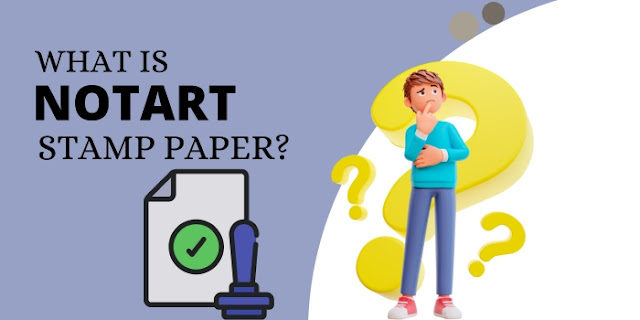Name Change And The Role Of Family And Social Traditions In India
In India, a person's name is deeply intertwined with their cultural, religious, and social identity. Names are not just labels but are imbued with meaning and significance, reflecting family heritage, caste, and often invoking blessings or auspiciousness. However, there are instances when individuals consider changing their names due to personal reasons, such as marriage, conversion, or embracing a different identity. In such cases, the role of family and social traditions can play a pivotal role in shaping attitudes towards name changes. This blog explores the complexities surrounding name changes and how family and social traditions impact this aspect of identity in India.
The Cultural Significance Of Names In India
In Indian culture, names are believed to influence a person's destiny and character. They are chosen with great care and consideration, often drawing from religious texts, family history, and astrological beliefs. Names are an essential part of one's identity and are integral to various ceremonies, such as births, weddings, and funerals. The sanctity of names is deeply embedded in the fabric of Indian society.
Name Change: Challenging Family And Social Norms
When an individual seeks to change their name, it can be met with mixed reactions from family and society. Traditional values and norms often emphasize the preservation of family identity and tradition through names. As a result, name changes may be seen as a departure from these customs, leading to resistance or disapproval from family members and communities.
Marriage And Name Changes
In India, it is a common tradition for married women to change their surnames after marriage as a symbol of joining their husband's family. While this practice is deeply rooted in cultural norms, attitudes towards it have evolved over time. Some women choose to retain their maiden names or hyphenate them with their husband's surname, challenging the traditional norm.
Religious Conversion And Identity
Religious conversion may also lead to name changes, as individuals may adopt names that reflect their newly embraced faith. This can be a sensitive issue, particularly when it comes to interfaith marriages or when family members belong to different religious backgrounds.
Gender Identity And Name Changes
For individuals exploring their gender identity, name changes can be an integral part of affirming their true selves. Transgender individuals, gender-nonconforming people, and those transitioning often opt for names that align with their gender identity. While some families may be supportive, others might struggle to accept these changes due to societal stigmas and lack of awareness.
Balancing Tradition With Personal Autonomy
The tension between family and social traditions and individual autonomy is a complex aspect of name changes in India. While traditions hold cultural value, they must also adapt to accommodate changing societal norms and personal choices. Encouraging open dialogue and understanding can bridge the gap between tradition and autonomy, fostering an inclusive environment for those seeking name changes.
Shifting Attitudes And Acceptance
As India embraces modernity and global influences, attitudes towards name changes are gradually evolving. More families and communities are becoming accepting of individual choices regarding names. Increased awareness and education about personal identity and self-expression are contributing to a shift in societal perceptions.
Conclusion
Name changes in India are more than mere alterations of labels; they represent personal choices, cultural values, and societal norms. The significance of names in Indian culture cannot be understated, and this makes the decision to change one's name a deeply introspective and sometimes challenging process. While family and social traditions continue to play a significant role in shaping attitudes towards name changes, a growing acceptance of personal autonomy and self-expression is paving the way for a more inclusive and understanding society. Striking a balance between tradition and individual choice is essential as India moves towards embracing diverse identities and celebrating the uniqueness of each person's name and self.
Written by Sumit



